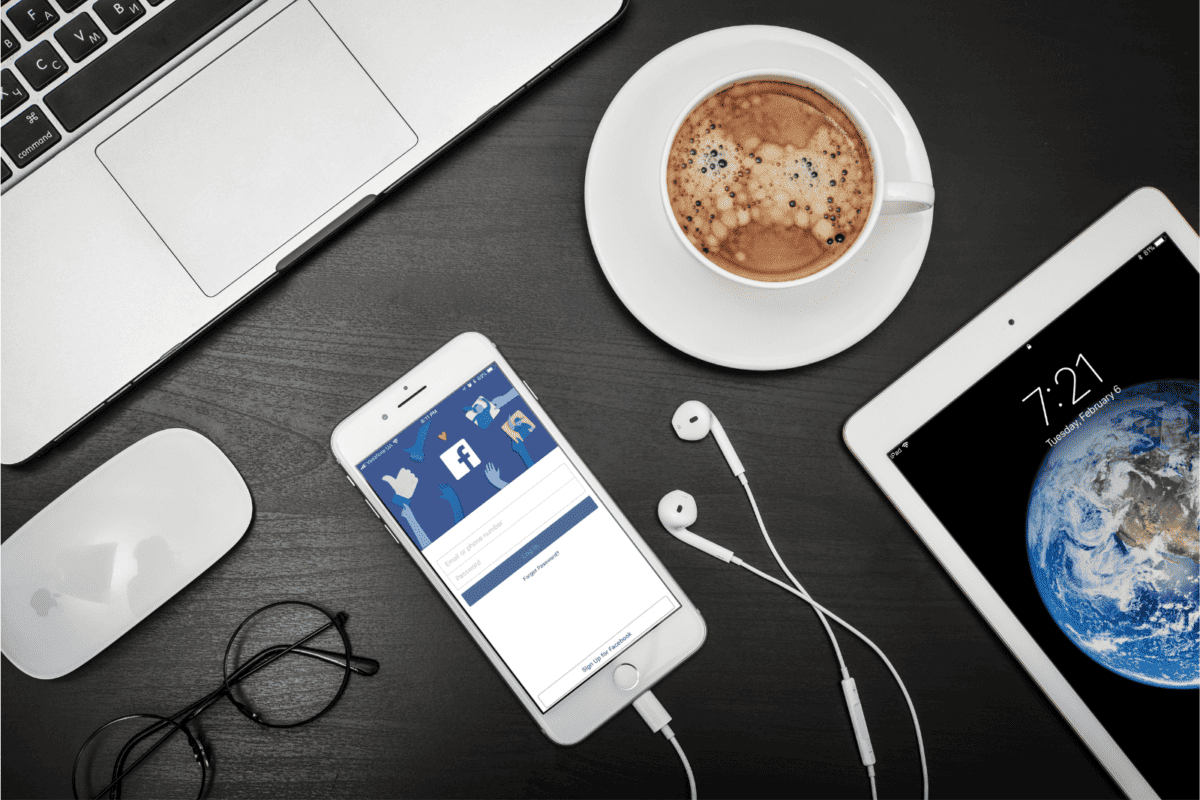As leaders in audiology, we are excited to share with you the latest advancements in hearing aids and assistive listening devices, aimed at improving the lives of those affected by hearing loss. The field of audiology has made significant strides in hearing loss prevention, diagnosis, and management, and I am committed to providing valuable insights into these developments.
The Prevalence of Hearing Loss
Hearing loss is a global concern, affecting millions of people across all age groups. The World Health Organization (WHO) estimated in 2021 that over 430 million people worldwide suffer from disabling hearing loss, and this number is projected to increase. Hearing impairment can have profound effects on an individual’s quality of life, communication, and overall well-being.
The Importance of Early Detection
One of the most critical aspects of addressing hearing loss is early detection. The sooner we identify hearing issues, the better the outcomes in managing them. Regular hearing screenings should be a part of everyone’s healthcare routine, especially for individuals with a family history of hearing loss, those exposed to loud noise regularly, or those over the age of 50. Early detection allows for timely intervention, which can significantly reduce the impact of hearing loss on an individual’s life.
Advancements in Hearing Loss Prevention
Prevention is always preferable to treatment, and recent research has shed light on new strategies to protect our hearing. Some promising advancements include:
- Custom Hearing Protection: Audiologists can now create custom-fit hearing protection devices tailored to an individual’s unique ear shape. These devices are comfortable and highly effective in safeguarding against noise-induced hearing loss.
- Education and Awareness: Public health campaigns and workplace initiatives are raising awareness about the dangers of noise exposure and the importance of hearing protection. These efforts are crucial in preventing hearing damage.
State-of-the-Art Diagnosis
Accurate diagnosis is the foundation of effective treatment. Modern diagnostic tools and techniques offer improved precision in identifying hearing loss causes, degree, and type:
- Audiometry: Traditional audiometry has evolved with the introduction of advanced testing protocols, such as extended high-frequency audiometry, which can detect hearing loss in its early stages.
- Otoacoustic Emissions (OAEs): OAEs are sensitive tests that can detect cochlear function abnormalities, aiding in the early diagnosis of sensorineural hearing loss.
- Auditory Brainstem Response (ABR): ABR testing helps identify neural hearing disorders, such as retrocochlear lesions, providing essential information for treatment planning.
Cutting-Edge Management Solutions
Once hearing loss is diagnosed, the focus turns to management and improving the individual’s hearing. Here are some exciting developments in this area:
- Advanced Hearing Aids: Modern hearing aids are equipped with sophisticated technology, including artificial intelligence and machine learning algorithms, which continuously adapt to the user’s environment for optimal hearing.
- Cochlear Implants: These devices have improved significantly, offering better sound quality and improved speech recognition, even in challenging listening situations.
- Assistive Listening Devices (ALDs): ALDs, such as Bluetooth-enabled hearing aid accessories, are now seamlessly integrated into our daily lives, allowing users to stream audio directly to their hearing aids from smartphones, TVs, and other devices.
Future Possibilities
The future of audiology holds exciting possibilities, including:
- Regenerative Therapies: Research into regenerative therapies to repair damaged hair cells in the inner ear may provide a cure for certain types of hearing loss.
- Teleaudiology: The integration of telemedicine into audiology allows for remote monitoring, consultations, and adjustments of hearing devices, ensuring ongoing care and support.
- AI-Driven Diagnostics: Artificial intelligence will continue to enhance diagnostic accuracy and streamline treatment plans, enabling more personalized and effective interventions.
Wrap Up
As we stand at the cusp of a new era in audiology, it is essential to emphasize the importance of early detection, prevention, and the latest advancements in hearing loss management. These developments offer hope and improved quality of life for those with hearing impairment. Regular hearing check-ups, education, and access to cutting-edge technology will play pivotal roles in our continued efforts to address hearing loss comprehensively.
In closing, I urge individuals to take their hearing health seriously and for healthcare professionals to stay updated on the latest research and technologies to provide the best care possible. Together, we can make a significant impact in the lives of those affected by hearing loss and work towards a future where hearing impairment no longer stands as a barrier to full and vibrant living.
We hope you enjoyed today’s article. If you have any questions or would like to schedule your next hearing health checkup, please contact us. Our team of hearing health specialists are ready to assist you with all your hearing related needs.

